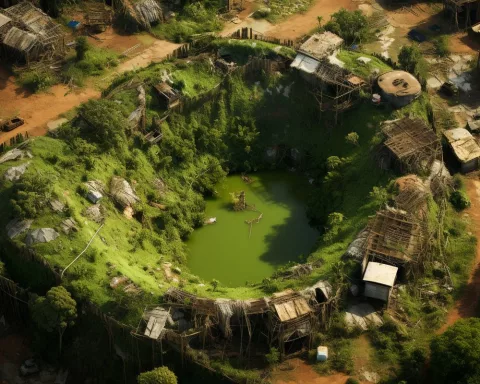In the stunning landscape of South Africa’s Cape of Good Hope, human actions often have tragic consequences on wildlife. The Cape of Good Hope SPCA Wildlife Department frequently finds Cape fur seals struggling with hazardous waste, particularly plastic and discarded fishing lines.
The Rescue of a Young Seal Pup
Recently, the department responded to a distress call at Kalk Bay Harbour, where a young seal pup was struggling to swim due to fishing line wrapped around its flipper. Wildlife supervisor Jon Friedman arrived on the scene, but the situation was more complicated than anticipated. The fishing line was deeply embedded inside the flipper, anchoring the internal part to the bone.
A Complex Operation to Save a Life
The SPCA team transported the seal pup to their animal hospital, where X-rays revealed that the fishing line had cut deeply into the skin, immobilizing the joint. Veterinarians performed a delicate surgery, carefully removing one and a half meters of fishing line without damaging the bones. Following a week of treatment, the seal regained movement in its flipper and was successfully returned to Kalk Bay Harbour.
The Dangers of Discarded Fishing Gear
Discarded fishing gear poses a significant threat to marine life, especially in recreational fishing areas. The SPCA urges fishermen to dispose of fishing tackle responsibly in designated bins or by taking it with them when leaving. Improperly discarded fishing gear can become life-threatening to seals and other marine wildlife.
The Importance of Timely Intervention
The Cape of Good Hope SPCA Wildlife Department is dedicated to responding to all cases of injured wildlife. If you encounter any wild animal in need of rescuing, please contact the SPCA at 021 700 4140 or email [email protected]. Timely intervention and responsible waste disposal can prevent further harm to marine wildlife, helping to preserve the delicate balance of our ocean ecosystems.












